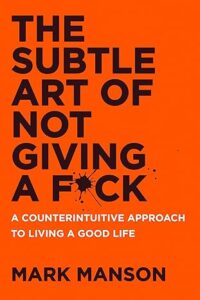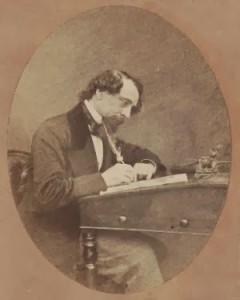By PJ Parrish

See this guy at left? The one that looks like the kind of guy who would correct the grammar in your Facebook “I luv wiener dogs” post?
This is Aldus Manutius. He was an Italian printer who founded the Aldine Press, and he devoted most of his life to publishing rare texts. His flaming desire to preserve Greek manuscripts marked him as a great innovator of his age. He also introduced a small, portable book format, which revolutionized personal reading habits and probably led to the modern paperback. So I guess I should thank him for that since that’s where my humble beginnings in this business lie.
He also is credited as the father of the semicolon. For which I can’t forgive him.
If you’ve read my posts here on the beauty of apt punctuation, you know how passionate I can be about some things. I really dislike exclamation marks, for instance. I’ll excuse one or two in really hot action scenes, like “You’re gonna die really ugly, Butkiss!” Or in moments of intense emotion in a Stephen King novel, like “Don’t go in the basement!” But usually, I side with F. Scott Fitzgerald who famously said using exclamation marks is “like laughing at your own joke.”

And don’t get me going on the rampant misuse of the humble apostrophe. Shaw called them “uncouth bacilli,” so his writings are peppered with stuff like didnt, wont and aint. Today, most people can’t or won’t be bothered to learn how to punctuate with the apostrophe. It’s like, banana’s out there! (sic)
But then there’s the semicolon. I was an English major, so I know in my brain what the thing is supposed to do: create a pause between two related independent clauses. As in: My dog Archie, sleeping at my side, just passed gas; he ran out of the room faster than I could so I got the blame when the husband came in. But in my heart, I hate them. And I really hate them in novels.
Thankfully, the semicolon is on the wane. According to a study from the Babbel, the online language-learning platform: “Semicolon usage in British English books has fallen by nearly 50% in the past two decades.”
But The Thing has been dying a slow death for a long time now. A study of semicolon use in U.S. publishing from 1920 to 2019 noted a dramatic slide. Newspapers, magazines, and fiction and nonfiction books all soured on the semicolon, though nonfiction after 2000 did see an uptick from the depths.
Uptick…probably had something to do with lawyers.
The Babbel study set off a predictably anal reaction in the British press. The Independent lamented: “Our best punctuation mark is dying out; people need to learn how to use it.” The Financial Times whined: “Semicolons bring the drama; that’s why I love them.” Gawd, loosen your bun, Wilma. Only The Spectator had the sense to write a wry obit: “The semicolon had its moment; that moment is over.”
I’m not alone in my distaste for The Things. George Orwell called them “an uncessary stop.” Cormac McCarthy called its useage “Idiocy.” Even Edgar Allen Poe called for the dash to replace it. (Yeah! Go, Eddie!)
Here’s a passage from Virginia Woolf’s Mrs Dalloway. Find the semicolons and then you tell me if they work.
Having lived in Westminster—how many years now? Over twenty—one feels even in the midst of traffic, or waking at night, Clarissa was positive, a particular hush, or solemnity; an indescribable pause; a suspense (but that might be her heart, affected, they said, by influenza) before Big Ben strikes. There! Out it boomed. First a warning, musical; then the hour, irrevocable.
It’s argued that the semicolon between the “warning, musical” and “the hour, irrevocable” achieves an “indescribable pause,” as Woolf puts it. Would a full stop have worked better? Would periods (the likely choice of modern writers) been less fussy? And the ultimate question: Who am I to quibble with Virginia Woolf?
I dunno. To me, a semicolon in fiction just never feels right. It feels pretentious and archaic. To you, or other writers, it can feel…useful, even lending a certain gravitas. Martin Luther King used them with magnificent ease. Ditto Twain, Chandler, Rushdie.
The best quote I found about this comes from Abraham Lincoln, no less. He wrote, in 1864:
“I have a great respect for the semi-colon; it’s a very useful little chap.” But then he adds the kicker: “With educated people, I suppose, punctuation is a matter of rule; with me it is a matter of feeling.”
Indeed. Fiction is about finding your way around the placement of words, sentences and phrases. It is all about feeling your way, feeling period. If it weren’t, you and I would be writing legal briefs. So, okay….go forth, crime dogs, and semicolonize. If it feels good, do it. I’ll just look the other way.

 I stumbled across the subject of The Backwards Law by accident—a happy accident that led me to The Subtle Art of Not Giving a F*ck. Excellent book that I devoured in two sittings.
I stumbled across the subject of The Backwards Law by accident—a happy accident that led me to The Subtle Art of Not Giving a F*ck. Excellent book that I devoured in two sittings.






















